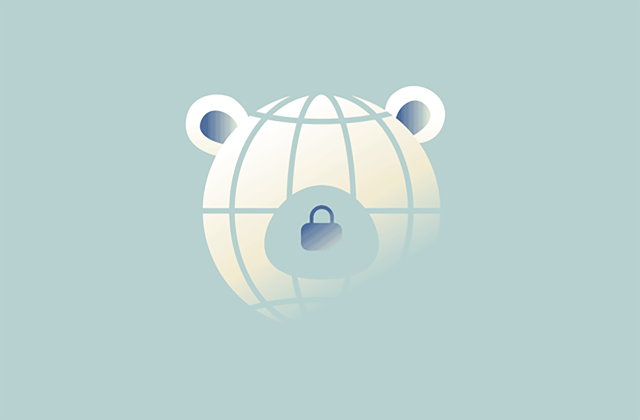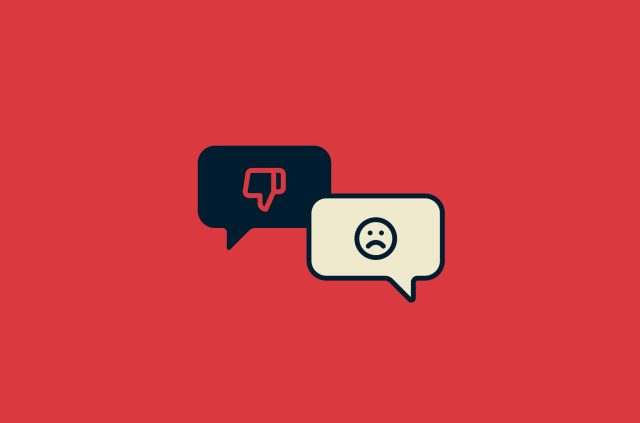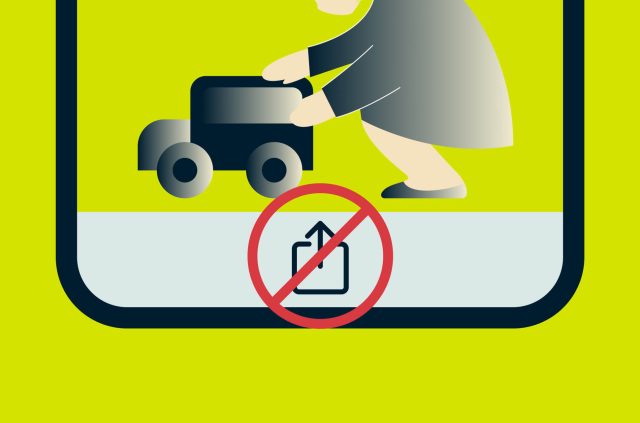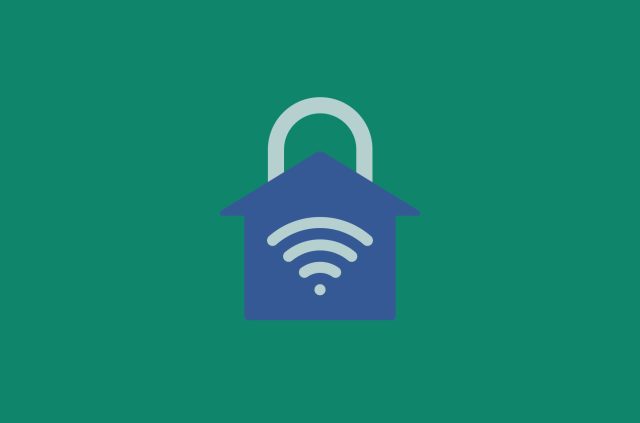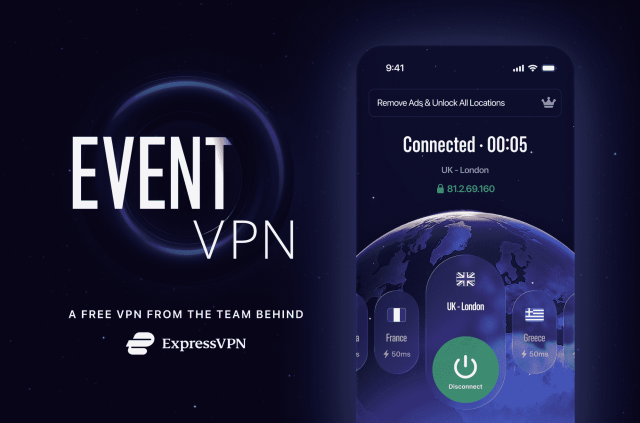Dangers of social media for kids and how to protect them


If TikTok, Instagram, and Facebook were physical places, most parents wouldn’t let their children visit them alone. However, despite the majority of social media platforms requiring their users to be over 13 (because of laws prohibiting companies from collecting data from children), we spoke to kids as young as 4 who are frequenting social networking sites each day.
To better understand the extent to which children use social media and to uncover the risks of doing so, ExpressVPN surveyed over 2,000 children aged 4 to 13 in the U.S. and UK who have access to the internet, as well as their parents or guardians (over 2,000 adults).
[Make sure your whole family stays safe online. Secure all your devices with a VPN download.]
Their responses offer a clear picture of how often kids use social media, what dangers they encounter, and how families are responding.
We list some of our findings below, along with tips on how parents can educate their kids about staying safe online.
Some 4-year-olds are spending 21 minutes per day on social media
While only about a quarter of parents surveyed say that they allow their 4- to 13-year-old kids to have a social media account — 29% in the U.S. and 21% in the UK — over half of their children admitted to using social media.
Significantly more U.S. kids (63%) than UK kids (53%) are on social media. And these kids spend an average of 28 minutes per day on social platforms.
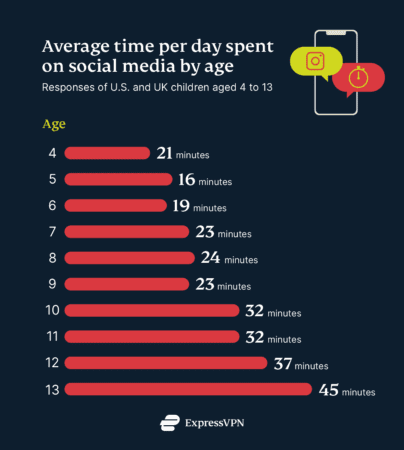
Not surprisingly, the older kids get, the more time they spend on social media sites. While 13-year-old American and British children averaging 45 minutes per day isn’t so surprising, 4-year-olds who access social platforms are still clocking in an average of 21 minutes of social media time every single day.
TikTok is especially popular among young users. Research shows that 68% of American children under 13 who use social media have a TikTok account, despite the app’s minimum age requirement of 13. In the UK, nearly 30% of children aged 5 to 7 are reported to be using TikTok. On average, kids worldwide now spend between 75 and 113 minutes per day on the app. This level of early, frequent use makes TikTok a major point of concern.
Are parents aware of what their kids are doing online? Almost all parents reported monitoring their children’s online activity to some extent. While some check in more frequently than others, 54% said that they monitor their children’s online activity daily or more than once a day.
Their methods most likely involve checking their phones and tablets, limiting access, watching their children while online, or through the use of parental control software or apps.
As for the online activities that parents are comfortable with, 87% say that they allow their children to watch videos on sites such as YouTube and Netflix. Over 80% also allow their kids online to play games. Many gaming platforms like Roblox and Fortnite include social features like in-game chats, making them a bit of a grey area between gaming and social media. Meanwhile, 28% of parents say they have no problem giving their children access to the internet so that they can read articles.
With only a small percentage of parents allowing their children to have social media accounts, one can only assume that many of the kids who use social media are doing so without their parents’ knowledge or supervision — accessing the platforms when they’ve been allowed to use the internet for other purposes.
5 potential benefits of social media for children
Before we go into discussing the biggest risks to children on social media, it’s worth looking at some of the benefits and advantages that social media could potentially have for children, if used effectively and especially on platforms dedicated to kids.
1. Building connections and a sense of community
Social media platforms can help children connect with friends and family, especially those far away. This can be particularly valuable for children who struggle with social interactions in the real world or come from geographically isolated communities. Online communities can also foster a sense of belonging and provide a platform for shared interests and hobbies.
2. Encouraging creativity and self-expression
Social media can offer a creative outlet for children to express themselves through various formats like writing, photography, music, and even coding. Sharing their creations with others can boost their confidence and build a sense of identity. Platforms like YouTube, Instagram, and TikTok can inspire and nurture budding talents, leading to further exploration and learning.
3. Improving digital literacy and skills
Navigating the online world requires valuable skills like critical thinking, information evaluation, and responsible online behavior. When used safely and with guidance, social media can provide opportunities to develop these essential skills, including familiarity with emerging technologies like AI tools, preparing children for a future increasingly reliant on technology.
4. Helping them learn and discover
Social media can be a valuable educational tool, providing access to diverse information and perspectives on various topics. Children can follow educational channels, participate in online learning groups, or discover new interests through informative content shared by friends and others. This can build curiosity, critical thinking, and a lifelong love of learning.
5. Empowering independent thinking
Social media can empower children to become active citizens and advocates for causes they care about. It can raise awareness about important issues, connect like-minded individuals, and even lead to real-world campaigns. This can foster a sense of social responsibility, activism, and independent thinking in young minds.
5 biggest risks children face on social media
Parenting has always come with worry, but in the age of social media, moms and dads are faced with a new kind of powerlessness. Most parents know the potential dangers that come with social media use — cyberbullying, an invasion of privacy, depression that stems from comparing oneself to another, and — most concerningly — online predators who prey on young children.
When we asked parents what they consider the biggest online threats to be, 59% of respondents said that they were most worried about their child being bullied. Following that were concerns about their kid being groomed by an online predator, fears that their child might come across offensive content online, and the risk of cyberstalking or harassment by other users.
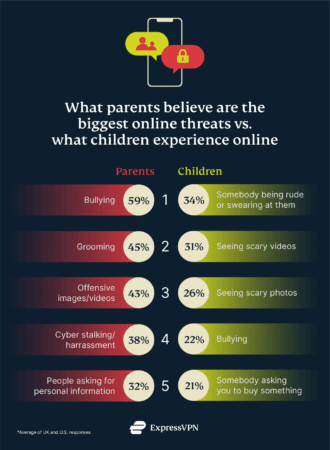
But what do young children say they actually experience online? The greatest disturbance for our child respondents is encountering someone being rude or swearing online (34%), while next in line are seeing scary videos, followed by scary images.
Reflecting parents’ concerns, 22% of children admit to being bullied online. Disturbingly, 17% of children surveyed have had a stranger ask which school they go to, and 14% say they’ve been asked for their home address.
Some of the platforms where children say they experience these negative scenarios most frequently include:
In the U.S.
- YouTube (43%)
- Facebook (35%)
- TikTok (28%)
- Roblox (27%)
- Instagram (26%)
In the UK
- Roblox (34%)
- YouTube (34%)
- TikTok (25%)
- Fortnite (21%)
- Facebook (16%)
While Facebook usage among children continues to decline, platforms like Roblox, TikTok, and YouTube are now among the most closely watched for child safety issues.
These are some of the common threats faced by children on social media:
1. Inappropriate content
One major concern is the exposure to inappropriate content. From graphic, violent, and disturbing imagery to sexually suggestive material, social media can expose children to content that can be deeply unsettling and harmful. This can lead to anxiety, sleep disturbances, and even trauma, especially for younger children.
2. Cyberbullying
Another substantial risk is online bullying and harassment. The anonymity provided by social media can embolden individuals to engage in cyberbullying, targeting children with hurtful comments, threats, or the spread of false information. The emotional toll of such experiences can be severe, leading to anxiety and depression in extreme cases. Parents and guardians must actively monitor their children’s online activities to detect signs of bullying and provide the necessary support.
3. Privacy concerns
Privacy is of significant concern on social media. Children may not fully comprehend the consequences of sharing personal information online, making them vulnerable to predators, impersonation scams, or identity theft. Using AI, bad actors can now create convincing fake profiles, mimic voices, or generate realistic images to deceive young users into sharing personal information. Social media platforms often collect and use user data, and children may inadvertently share sensitive details that could be exploited. Educating children about privacy and using high privacy settings can help in mitigating these risks.
4. Mental health issues
The potential for addiction and negative impacts on mental health is a growing concern. Constant exposure to curated and often idealized versions of others’ lives can contribute to feelings of inadequacy and low self-esteem. Excessive screen time, coupled with the pressure to conform to unrealistic standards, can lead to anxiety and body image issues among children. Remember to strike a balance between online and offline activities and promote open communication.
5. Online grooming and inappropriate behavior
Predators can easily target children on social media, posing as peers or friends to gain their trust. They may then exploit this trust to share inappropriate content, manipulate them emotionally, or even lure them into meeting offline, putting them at risk of physical harm.
Kids feel the need to lie when they’re on social media
Not surprisingly, because social networking sites don’t allow children under the age of 13 to access them, some of our child respondents (24%) admitted to lying about their age on social media.
About one in six kids said they had lied about their address or location on social networking sites, what they were doing when asked, and their appearance.
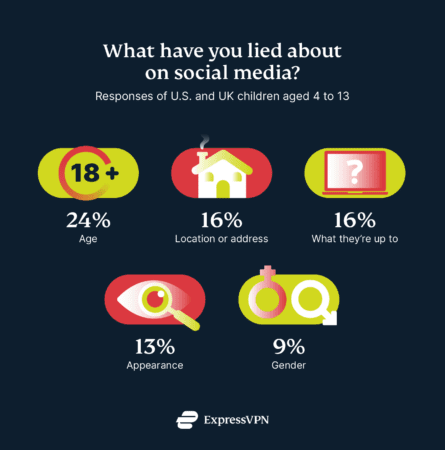
While we did not ask about their reasons for lying, the fact that some children lie about where they live, what they’re doing, and what they look like on social media implies that they feel the need to protect themselves online, likely from strangers. It could also suggest that they are responding to pressures around fitting in, meeting unrealistic societal standards, or seeking validation — pressures that are amplified by social media. Over time, this behavior can be potentially harmful to their self-esteem and mental health.
With the use of social media among young children only expected to rise as more youngsters gain access to the internet, the need to teach children about social media safety has never been more important.
Children are taught how to stay safe online by their parents, schools, and peers
When asked, 76% of parents agree that they are the ones most responsible for teaching young children how to stay away from social media, and how to protect themselves online. This was echoed by our child respondents, with over 84% saying that their parents and guardians have taught them about internet safety.
While only a small number of parents think schools (8%) and social media companies (5%) need to be most responsible for teaching children to be safe on social media, about half of children — 57% in the UK and 40% in the U.S. — in fact report that they’ve learned about it from school, while 17% say friends have taught them.
Schools are expanding their digital literacy and online safety programs in response to growing online risks. In the U.S., many of these efforts are being supported by the Digital Equity Act, which provides funding to states for digital skills training, cybersecurity education, and improved access to technology.
Top 5 tips to keep children safe online
Kids and teens are spending more time than ever before in front of screens. Not only do most schools encourage e-learning for school work (especially post-pandemic), but the internet has become a great way for kids to keep in touch with friends and family.
With a child’s exposure to the internet and social media platforms being inevitable, here are the steps you can take to keep them as safe online as possible:
1. Set up parental controls
Setting up parental controls for the different devices and applications in your home can help limit the amount of screen time your child has, as well as control what they’re exposed to when browsing online.
By using parental controls, you can:
- Manage the content that each family member in your household has access to
- Arrange specific content filters to block apps that feature inappropriate images, text, or videos
- Set a time when your child can access the internet for browsing
- Set a time limit for online browsing
Ensure you add parental controls to every platform your child may have access to, including:
- Gaming consoles
- Apps and any online services/games
- Search engines, such as Google and Yahoo, etc.
- Home broadband and Wi-Fi
ExpressVPN’s apps now come with an adult-site blocker. All you have to do is turn on the feature while using the VPN. If you use ExpressVPN on your router, such as with our Aircove router, you can block adult sites on your entire home network, even when the VPN is turned off.
2. Foster open communication with kids
Make a point of helping your kids feel comfortable enough to share anything with you. Promoting honesty is key to getting your child to trust you, and share anything inappropriate they find online, including whether or not they’re being cyberbullied.
If you’re finding it difficult to get your child to open up to you, here are a few methods to try:
- Ask them to write it down on a piece of paper, which they can pop in a specific jar for you to read later when they’re not present.
- Ask your kids to text or email you about any strange occurrences they’re experiencing online.
- Make your children aware they can contact Childhelp USA or ChildLine UK if they want to speak with someone entirely separate from your family, and explain that this service provides them with appropriate support and handy guidance.
3. Remind them not to befriend online strangers
It’s important to teach your child that not everyone online is who they say they are. Let them know that they should be skeptical of anyone they speak to online — and that if they don’t know someone personally, they shouldn’t friend them.
- Explain that online, people can make fake profiles and pretend to be someone they’re not. For example, they can lie about their age or pretend to be a child or teen when they’re actually an adult.
- Tell your kid to be careful about what they share online with friends — even ones they think they know. Ask them never to share where they go to school and where they meet up with their friends. This is the kind of information online strangers can use to track them.
- Talk about the dangers of sites and apps that use direct messaging and video chat.
- Have them tell you right away if an online stranger asks to meet in person. Remind them that it’s not safe to meet with anyone in real life that they’ve met online.
4. Consider username safety
Make sure your kids understand that usernames can give away personal information. For example, if your child’s name is Sarah Louise Smith and they’re born in 2013, their username on a social media account or gaming app shouldn’t be something like “SarahLouiseSmith13.”
Usernames that contain personal information open the way for predators to track children. Instead, encourage your kids to be as creative as possible with the usernames they use online.
5. Use a VPN
A VPN, or virtual private network, will route your online traffic through a secure tunnel. This means that not only will downloading a VPN keep your family members safe when they’re online, encrypting all data, but it will increase anonymity by giving your devices a new IP address in another location.
Final Thoughts
Social media can offer kids creativity, connection, and learning — but it also exposes them to real risks, including cyberbullying, privacy breaches, inappropriate content, and online predators. Even young children are using platforms meant for older users, often without full supervision.
While schools are expanding digital literacy programs, parents remain the first line of defense. That means setting parental controls, encouraging open conversations, teaching kids to avoid online strangers, creating safe usernames, and using tools like VPNs to protect their privacy.
By staying involved and informed, parents can help children build healthy, confident habits that keep them safe — and help them make the most of their time online.
Take the first step to protect yourself online. Try ExpressVPN risk-free.
Get ExpressVPN
